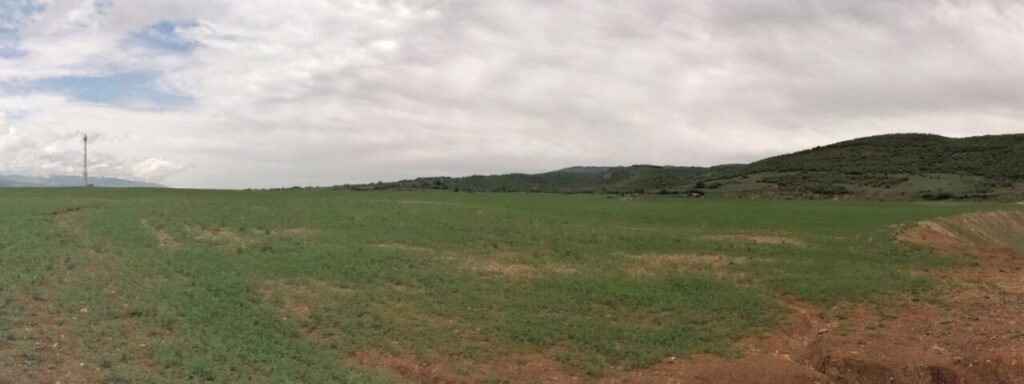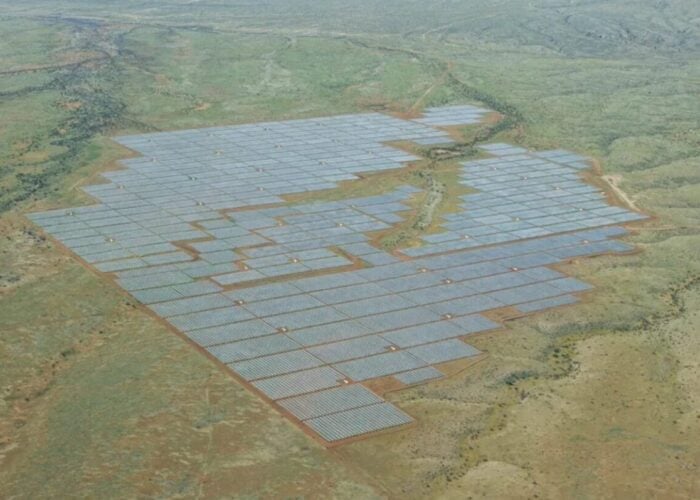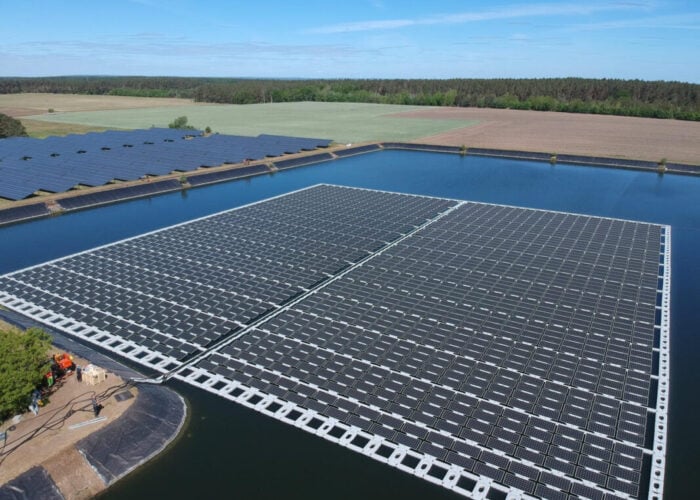
The European Bank for Reconstruction and Development (EBRD) has provided a €25.1 million (US$27.6 million) loan to Bosnia and Herzegovinian utility Elektroprivreda Bosne i Hercegovine (EPBiH) to build a 50MW solar portfolio in the country.
The financing, alongside a separate loan of €15 million (US$16.5 million) from pan-European bank UniCredit, will be used to build two adjacent solar plants in the municipality of Gračanica in north-eastern Bosnia and Herzegovina.
Unlock unlimited access for 12 whole months of distinctive global analysis
Photovoltaics International is now included.
- Regular insight and analysis of the industry’s biggest developments
- In-depth interviews with the industry’s leading figures
- Unlimited digital access to the PV Tech Power journal catalogue
- Unlimited digital access to the Photovoltaics International journal catalogue
- Access to more than 1,000 technical papers
- Discounts on Solar Media’s portfolio of events, in-person and virtual
The portfolio will be the largest project site developed by EPBiH, and will be built on a former coal ash landfill site, as part of the country’s plans to increase the proportion of renewable power in its energy mix; in the latest National Energy and Climate Plan (NECP) draft submitted to the EU, the Bosnia and Herzegovinian government made plans for renewable power to account for 43.6% of its total energy consumption by 2030.
This target includes a 14.6-fold increase in installed solar capacity, from 102MW today to close to 1.5GW by the end of the decade, alongside a more than fourfold increase in wind capacity to 600MW.
While these are ambitious targets, questions remain about how the country will meet these goals. The secretariat of the Energy Community, a pan-European initiative to unite the energy goals of EU members and its neighbours, remarked that the Bosnia and Herzegovinian NECP draft “is missing the analytical part”, and made no references to concrete policy changes that would enable this transition.
Alongside the loan, the EBRD also announced that it is supporting a “technical cooperation initiative” for Bosnia and Herzegovina, in which the bank will assess a number of routes to decarbonisation scenarios by 2050, and could help deliver some of the policy initiatives to reform the country’s energy mix that the Energy Community secretariat found lacking.
Should the Gračanica portfolio begin commercial operation as expected, it would set a new benchmark for utility-scale solar installations in the country. Last year, Norwegian energy company Greenstat started the testing phase of its 45MW solar project, which was slated to be the largest in the country.







